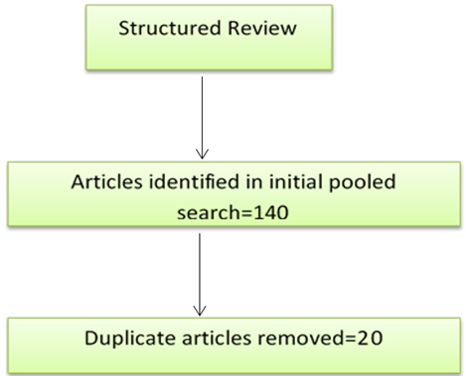Abstract
Zinc is one of the micronutrients involved in emotional, cognitive, and behavioural processes. Zinc deficiency is considered to impact mental wellbeing, with varying degrees of anxiety and stress, consistent with zinc enzymes having important activity in brain growth and functional behaviour. Zinc is a neurosecretory substance or cofactor and is hugely abundant in particular neuron contingent named zinc-containing neurons’ synaptic vesicles. The concentration of zinc in the vesicles is estimated to reach 1mmol / L and is just mildly associated with some endogenous ligand. Zinc comprising neurons is located primarily in the forebrain, where primates have evolved into a dynamic and intricate network of connections that interconnect much of the cerebral corticles and limbic structures. Changes in the homeostasis of zinc can be linked with brain disease and inflammatory activity of the brain. Zinc ion dyshomeostasis can also play a function in the ageing neurons as synapses deteriorate. Hence, a greater understanding of the function of zinc in the central nervous system may enable therapeutic strategies to be established where aberrant metal homeostasis is involved in the pathogenesis of the disease.
Full text article
Authors

This work is licensed under a Creative Commons Attribution-NonCommercial-NoDerivatives 4.0 International License.

